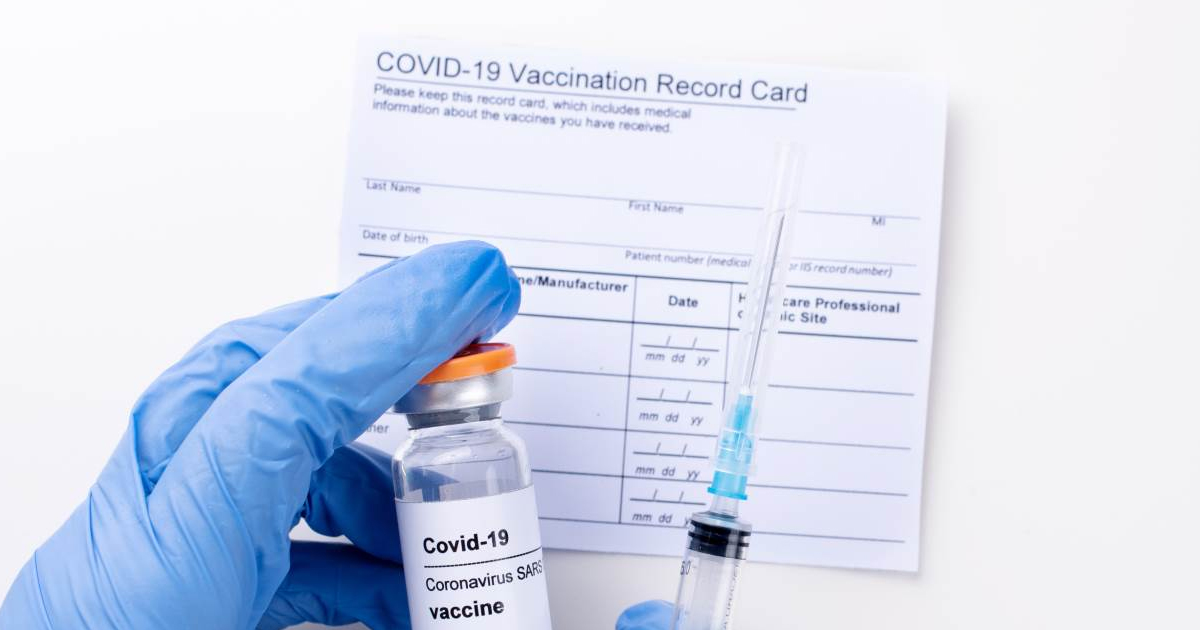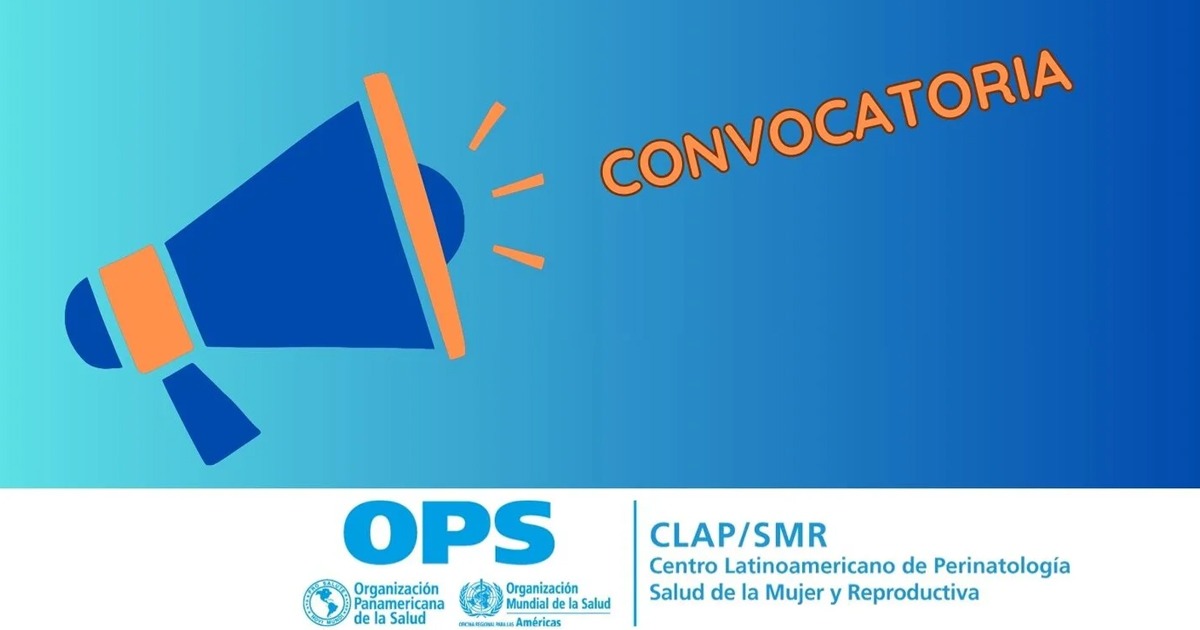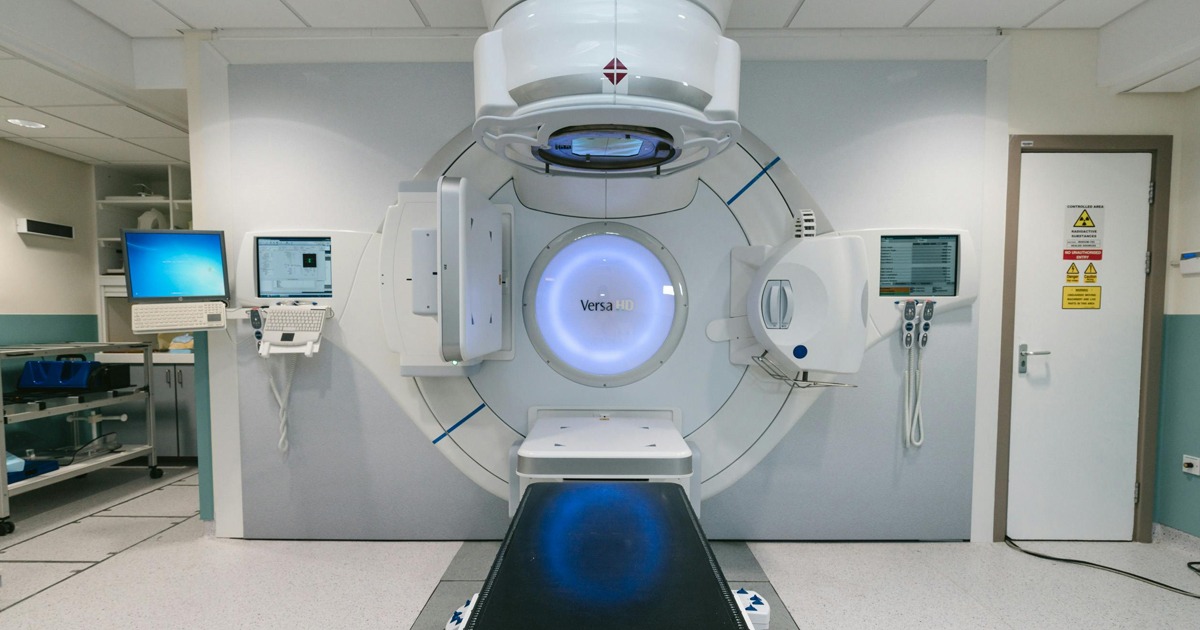The article "Ethical aspects of telemedicine in the face of the COVID-19 pandemic" was published in the journal Medicina y Ética in its January-March edition, in which are indicated the scopes, limitations and future projections of the application of telemedicine solutions.
The publication Medicina y ética, International Journal of Bioethics, Deontology and Medical Ethics, is a journal published every three months by the Universidad Anáhuac, which had its first edition in April 1990. On this occasion, the article by Dr. Jorge Alberto Álvarez Díaz, professor of the Department of Health Care of the Division of Biological and Health Sciences of the Metropolitan Autonomous University (UAM), Xochimilco, was published.
The article discusses the current clinical epidemiological conditions during the COVID-19 pandemic and how physical distancing, which continues to be the best way to avoid the spread of the virus, has boosted the use of telemedicine worldwide.

Despite the lack of conclusive evidence on the efficacy of telemedicine, the level of recommendation is very high. "Therefore, the specialized literature already states that part of the healthcare systems' response to the COVID-19 epidemic should include a telemedicine system," explains Dr. Alvarez Diaz.
The article details that telemedicine is involved in a broader concept such as telehealth, which includes strategies for education, prevention or health promotion through electronic means.
However, every strategy brings with it a series of advantages and disadvantages that must be carefully analyzed. Strategies should be devised that take into account situations of vulnerability of the population.
Regarding the ethical aspects to be considered, the author mentions the following: "It is also true that new technologies pose some peculiar challenges, such as the possibility of contact tracing which, although it sounds attractive epidemiologically, should not be implemented without an adequate ethical and legal analysis, so as not to violate the dignity and confidentiality of individuals or violate their rights".
The World Medical Association (WMA), in its Declaration on the Ethics of Telemedicine, defines telemedicine as "the practice of medicine at a distance, whose interventions, diagnoses, therapeutic decisions and subsequent treatment recommendations are based on patient data, documents and other information transmitted through telecommunication systems. Telemedicine can be between a physician and a patient or between two or more physicians, including other health care professionals."
In the more than 1604 articles related to COVID-19 and ethics available on PubMed, none make mention of the WMA statement. "Any ethics seeks to guide or orient the concrete act, and not merely be limited to reflection; thus, there must be particular analyses for each pandemic," the author explains.
A year after the start of the pandemic, the use of medical, contact-tracking and other applications has begun in some countries with various criticisms about the protection of users' privacy and personal data. However, organizations such as the WMA have not taken a position to solve this problem.
Consult the complete article in the following link to know in detail the ethical aspects that telemedicine must consider: http://revistas.anahuac.mx/bioetica/article/view/475/331





